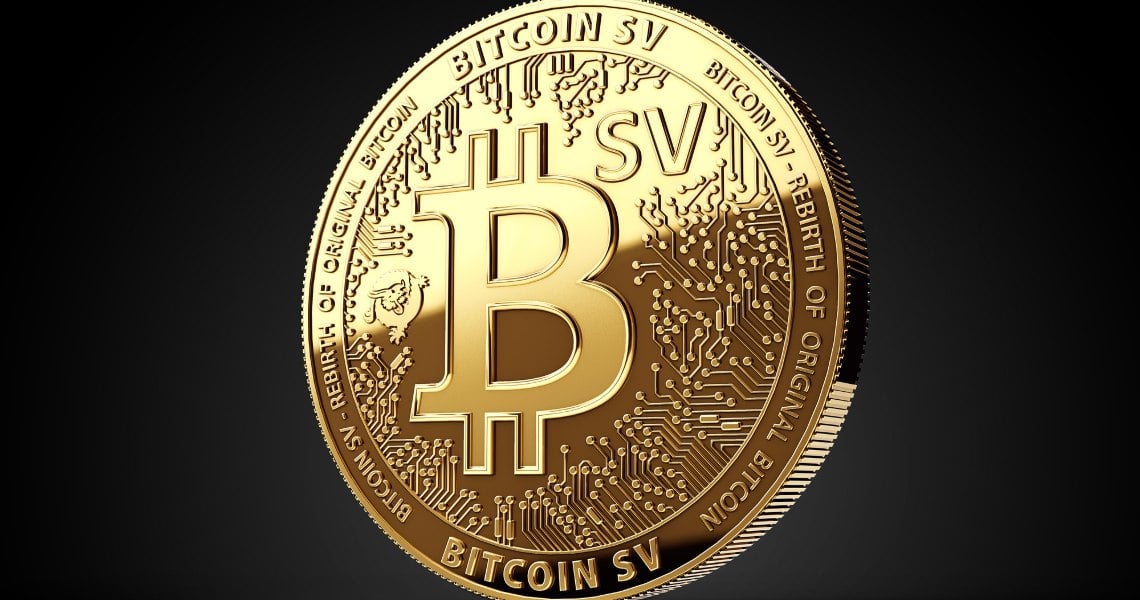In Poland, the National Support Centre for Agriculture announced the news that it has chosen nChain and Bitcoin SV to implement solutions for a more efficient flow of information related to the food supply chain.
nChain Limited will be the company in charge of the project developments related to a new food passport.
Agreements have been signed to use the Bitcoin SV blockchain as a reference and support ledger.
NChain is a blockchain consulting, research and development company featuring well-known names in the cryptocurrency industry such as Craig Wright and Steve Shadders, who is active as technical director in the development of the BSV client recently released in the Bitcoin version called Genesis.
KOWR, the National Support Centre for Agriculture, is developing the concept of “Food Passporting“, which aims to improve the reputation of food produced in Poland and relaunch the sector in exports.
In July 2018, Great Britain with its Food Standards Agency also successfully completed a pilot project using blockchain technology for the beef supply chain. That was the first time blockchain was used as a tool to ensure compliance in the food sector.
The main advantage of blockchain technology lies in ensuring an efficient flow of information to the supply chain at all stages of the process.
As is well known, no one can guarantee that data entry is correct and unaltered, but it will be immutable and traceable after it enters the blockchain.
The use of this technology will allow the food passport to be traced along its entire route in accordance with the relevant trademarks and commercial indications.
The purpose of the system is to increase the credibility of the agricultural sector and the profitability of production: consumers and producers are increasingly attentive to the quality of raw materials and do their best to guarantee that food products are in line with the reference regulations.
To this end the blockchain is well suited as a tool for control and attribution of responsibility, the quality of the product is determined by many factors including the integrity of the cultivation from which it comes.
Therefore, efficiency comes with bureaucratic and regulatory requirements, but it streamlines and refines procedures. Nothing can ever replace the moral integrity of those who produce the data.
Why Bitcoin SV?
On February 17th, 2020, in London, on behalf of KOWR, a confidentiality agreement was signed with nChain Limited by Wojciech Kędzi, deputy general manager.
nChain was represented by Andrew Moody, financial director and Aleksander Gora, head of product design.
The agreement concerns the provision of knowledge based on solutions previously developed with blockchain technology; in particular in the field of safety monitoring and quality standards of food production at every stage.
Bitcoin (BTC), in its best known and most dominant version in terms of capitalization, has chosen a path that hardly allows the use of its distributed ledger for alternative functionalities to what is considered digital gold.
Its supporters and developers are primarily focused on maintaining the decentralization and distribution of the network in order to ensure censorship resistance. This vision requires external channels, also called off-chain circuits (Lightning Network, Liquid), to manage more transactions or alternative functions connected to the ledger.
Bitcoin SV instead has a different growth and development model, for this reason, it is often in conflict with the former.
Craig Wright and his supporters show the propensity for growth of the network designed to allow the onchain inclusion of a huge amount of data.
This allows projects like the food passport to find an efficient and scalable blockchain but leaves many doubts about the effects in the management of a blockchain in the hands of a smaller number of nodes.
A huge amount of data will have to be stored on each node, they will become gigabytes to terabytes and then petabytes with a model that only Moore’s law can support, provided it is applicable and verified.
They will logically become huge data centres, as Satoshi Nakamoto had imagined.
To conclude, it is worth mentioning that the commercial efforts made by nChain and the supporting miners seem to be aimed at aggressive actions in the market in order to bring traffic to the BSV blockchain.



